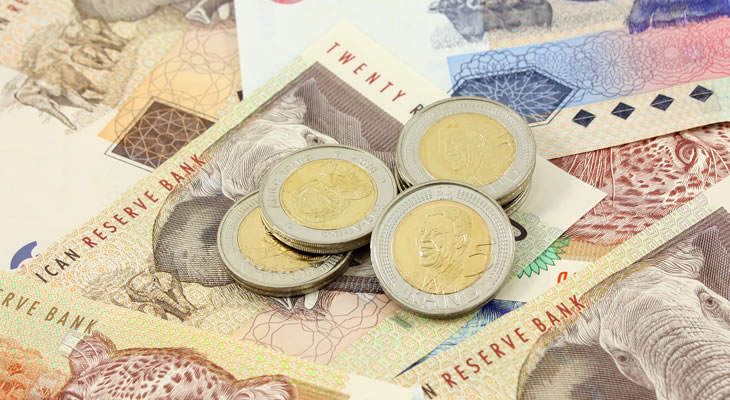The GBP ZAR exchange rate has declined on Tuesday’s afternoon session, with the Pound losing grip of its earlier advantage in the pairing.
Sterling has dropped to 16.4951 against the Rand, potentially due to traders focusing on the UK’s myriad economic issues.
As well as the possibility of a bad Brexit remaining on the horizon, traders are also concerned that Wednesday could see Parliament open with a still non-functional government.
(First published 11:38, June 20th, 2017)
The Pound has made moderate gains against the South African Rand today, advancing by 0.3% to a rate of 16.5483.
This comes mainly due to Rand weakness, given the present uncertainties that are prevalent among Pound traders.
Pound Predicted to Slump if BoE Replacement Turns Dovish
The Pound may shed its gains against the Rand at the end of June, when the Bank of England (BoE) sees a changeover of policymakers.
Long-time official Kristin Forbes will leave the BoE on June 30th, at which point her replacement Silvana Tenreyro will step in.
For context, Forbes has been a hawkish figure in the BoE recently, having voted along with two fellows in June to raise UK interest rates.
Forbes successor is considered a more dovish figure, by comparison, which may mean more ‘no’ voting during BoE interest rate decisions.
Offering an outlook, Christian Schulz of Citigroup has said;
‘We would at this stage expect Tenreyro to, at least initially, vote at the more dovish end of the MPC’s spectrum’.
Additionally, Tenreyro herself has previously opposed the Brexit process, stating;
‘I think it will have a negative impact on the UK economy and Europe more generally’.
Both of these aspects mean that Tenreyro may be more cautious than Forbes, especially as Brexit talks are now underway.
If Tenreyro displays a cautious attitude when she replaces Forbes, then the Pound could drop due to dashed hopes of a near-term interest rate hike.
South African Rand may Remain Unstable on Zuma Leadership
Future Rand movement may be determined by a longstanding influence on the ZAR – President Jacob Zuma.
The South African leader remains a highly controversial figure in running the country, given that he has previously faced hundreds of corruption accusations and repeatedly battled with votes of no confidence.
The latest mark made against Zuma has been that he was responsible for the South African recession of 2009.
According to Iraj Abedian of Pan-African Investments and Research Services, Zuma is squarely to blame;
‘There is no other factor to explain the recession. The only factor is the political shenanigans, policy uncertainty and the lack of leadership, which has hollowed out confidence both in the consumer and the investment community’.
With Zuma continuing to make inadvisable cabinet decisions, like firing long-running ministers on a whim, the Rand may remain in a state of high volatility going ahead.
This means that even if there are major negative announcements in the UK, the Rand could still remain down against the Pound due to the continued negative influence of Zuma’s presence.
Recent Interbank GBP ZAR Exchange Rates
At the time of writing, the Pound to Rand (GBP ZAR) exchange rate was trading at 16.5682 and the Rand to Pound (ZAR GBP) exchange rate was trading at 0.0603.


Comments are closed.